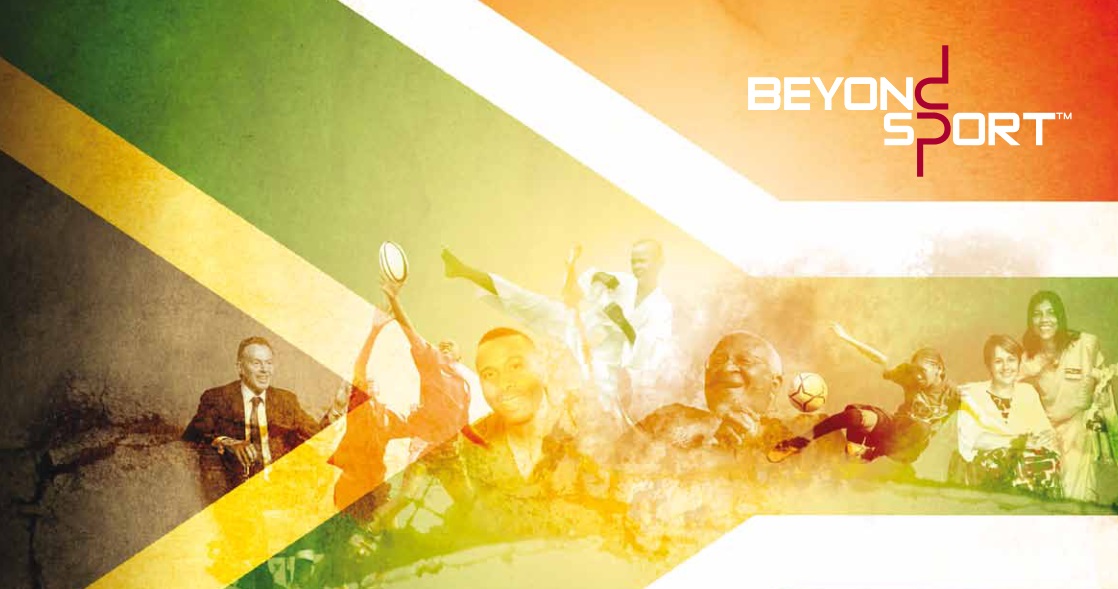
Road to Johannesburg: Sport for Health
In the build up to the Beyond Sport Summit 2014 in Johannesburg, South Africa we are going to profile the shortlisted projects category by category. In this edition we are focusing on the shortlisted projects for the Sport for Health award.
In the build up to the Beyond Sport Summit 2014 in Johannesburg, South Africa we are going to profile the shortlisted projects category by category. In this edition we are focusing on the shortlisted projects for the Sport for Health award.
The Sport for Health award is for projects that use sport to address health issues through education and/or raising awareness of health issues. The award celebrates project that use sport to address a health issues through education or raising awareness that goes beyond sporting participation. The projects that have been shortlisted target health issues that are a major challenge within the community it operates in, uses sport to bridge a gap between community and healthcare providers and/or uses sport to break a taboo within a health issue.
C’mon Tonga Let’s Play Netball (KMT) is a campaign targeted at women aged 15-45 that uses netball as a tool to increase physical activity and reduce the impact of NCD’s on a vulnerable population.
The Kau Mai Tonga (KMT) project addresses the prevalence of obesity and other Non-Communicable Diseases among women aged 15 to 45 in Tonga. Existing knowledge, formative research and a literature review informed the design of KMT.
Currently rating highest in the world, 93% of Tongan women are overweight or obese. Due in part to excessive sedentary behaviour where the majority of women do not meet the weekly minimum requirement of physical activity.
A variety of social and cultural reasons are behind women being more sedentary than men. For one, sporting activities are often designed for and dominated by men and secondly, traditional gender roles and concepts of femininity shape and constrain women’s participation in sport.
The project uses netball as a tool for women to access physical activity in a safe, supportive environment in order to take control of their own health.
Girls Empowerment Project - Fields of Dreams Uganda (Uganda)
Fields of Dreams Uganda provides hope for the orphaned and vulnerable children of Uganda through the vehicles of football and education. The Girls Empowerment Project uses sports and educational programming to target the obstacles faced by the orphaned girls at their partner schools after they have started their menstrual cycles.
These obstacles include not being able to afford hygiene supplies, health issues related to the use of unsanitary supplies, missing up to 20% of classes each month and social pressure to quit school and get married. The Girls Empowerment Project provides hygiene kits and inspires the girls to stay in school as they strive to reach for their goals.
Khayelitsha Outreach Division (Ubuntu & Ibhongolwethu groups) - Zip Zap Circus School (South Africa
Zip Zap Circus School uses circus workshops to create a friendly family environment to help the children develop their full potential in life and ensure that these children living with HIV taking ARVs are mentally, physically and emotionally healthy and have hope for the future.
After extensive research alongside project coordinators, instructors, partners (MSF), nurses and patients Zip Zap Circus School came to the conclusion the issue of helping children living with HIV was vital. This is based on their outcome that young HIV+ children do not develop social/emotional/physical skills.
The use of Circus skills is a unique one, Zip Zap Circus School operates on the belief that circus is a favourable environment to welcome any child no matter of talent, physic or age.
Zip Zap Ubuntu project is running continuously with fun, compassionate instructors. From there, young HIV+ children are identified to move to Zip Zap Ibhongolwethu project and start their disclosure process.
Ibhongolwethu address three main issues: HIV kids taking ARV medication are in poor health and are isolated from friends, family and school who have no Future, nor Hope, nor Fun.
Capoeira continues in conflict zones
Bidna Capoeira aims to use Capoeira as the main tool to provide psychosocial support to children and youth living in areas of conflict, humanitarian crisis or in similarly vulnerable situations.